European Center for Economic Security, Technology and Resilience (ECESTR)
BACKGROUND, MISSION & THEORY OF CHANGE
For the past decade, Europe has been the subject of multiple crises, affecting its economy, defense, and society. Pandemics and the war in Ukraine have catalyzed European crises, seriously challenged its strength and resilience, and unleashed economic and social forces that challenge the EU’s progress, democracy and, indeed, peace. For the first time in history, Europe’s economic progress, democracy, and peace have been challenged by both the East and the West. This calls not only for a masterful strategic adaptation but also for serious and concrete actions to boost its overall technological advancement and economic security.
Given the current landscape of heightened geopolitical instability, shaped increasingly by cyber threats and technological competition, the EU presents a critical need to develop economic security, resilience, risk mitigation, and strategic autonomy, particularly in the realm of critical digital infrastructure. In this regard, the European Union’s Economic Security Strategy, alongside its preparedness strategy, is a strategic imperative. Its successful implementation demands robust and coordinated support across the public, private, and non-governmental sectors.
Against this background, the Aspen Institute Romania initiates the European Center for Economic Security, Technology and Resilience (ECESTR). Its mission is to strengthen the European Union’s strategic autonomy by countering emerging hybrid threats, enhancing economic security, and continue to uphold European solidarity in a volatile geopolitical environment. The Center will serve as a leading hub for research, analysis, policy development, and capacity building. It will facilitate informed dialogue among European actors and empower collaborative networks to drive effective actions.
The Theory of Change that the Center addresses is the following:
IF the EU and its Member States: (1) gain timely, actionable information on economic vulnerabilities and coercive threats, (2) develop shared initiatives, resilience planning and tools to de-risk critical sectors, and (3) foster cooperation, solidarity and cohesion amongst European actors, THEN the European Union will be better able (A) anticipate and mitigate complex hybrid threats targeting its economy, governance, and societal trust, (B) build a resilient European economy safeguarded from malign interference, and (C) uphold and project European strategic autonomy with unity, credibility, and purpose in a contested world.










